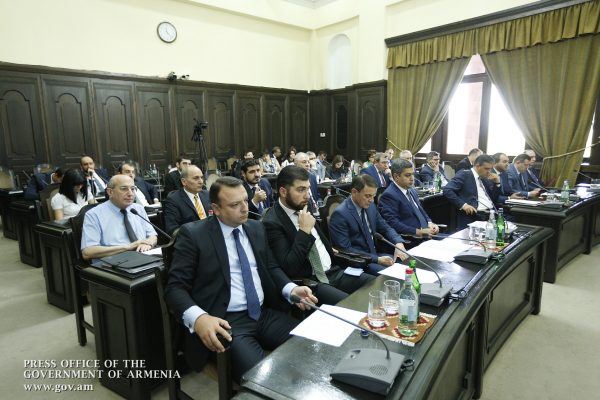The fight against corruption, of course, is a positive thing, and society rightfully demands that this question be solved with will and determination. I don’t doubt that those demands need to be justified. But we have to agree that the ministries and other political offices shouldn’t focus their entire potential on those fights. That’s why there are special structures and legal agencies whose responsibility is to make those appropriate events a reality. It isn’t mandatory that, for example, all ministries have masked subdivisions that go after alleged corruption. If the leader of some political structure doubts or knows that there is abuse, bribery, or wrongful spending taking place within the structure, then they must appeal to law enforcement agencies to take care of that issue. The only effective criteria of any structure shouldn’t be the fight against corruption.
But what should the criteria be? I think it should be planned-out reforms as in the current situation, which might have widespread results in the coming months. One hundred days later, I think, it will be possible to judge who out of all the ministers is capable of carrying out those reforms, and who simply wants to stay in their position for the next several months. If they don’t take bribes, that’s great. But besides not doing anything, they also have to do something. Are they waiting for the elections? But it will be more difficult after that, the time is almost up to do things that aren’t favored by the people.
But one of the reforms, in my opinion, should be the prevention of corruption, because simply catching people in the act won’t free us from it. Sadly, we don’t have that “Soros” who will give millions of dollars to state officials and who will greatly raise the salaries of law enforcement officials to stay away from corruption, just like in Georgia during Saakashvili’s first few years in power. Therefore, we have to think of other ways, including decreasing the amount of state and law enforcement officials. That difficult and unpopular move can be done now while the government is still enjoying the people’s unconditional support. It will be difficult to withstand the dissatisfaction from society if this is done in six months.
Of course, the majority of reforms need to be aimed towards fixing the economy. But that’s a separate topic.
Aram Abrahamyan


















































